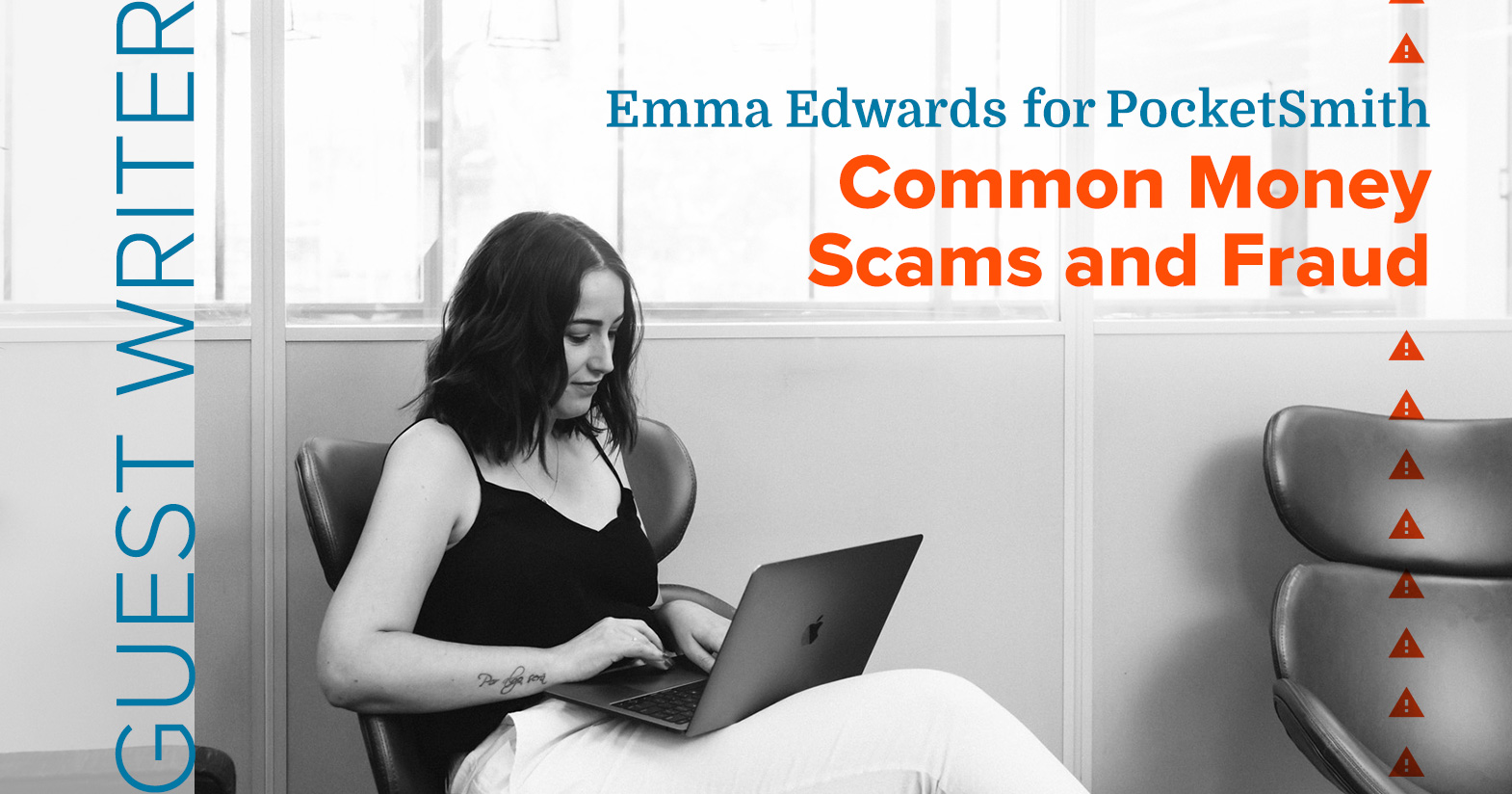
Let’s face it — our entire lives are online, cloud-based, or digital in some way. We have a password for just about everything, and there are very few things that don’t link to the internet in some way. Yikes. All of this means we’re more susceptible to scams, fraud and hacking than ever before. In fact, in the first half of 2021, Aussies were scammed out of $139 million according to the Australian Competition and Consumer Commission.
In this article, we share some of the most common money scams and fraud pitfalls to watch out for, from bitcoin scams to cloned bank accounts.
The confusing world of cryptocurrency makes it an environment ripe for scammers to work their magic. With so many people curious as to whether crypto can make you a quick buck, it’s easy to see why these scams are so often fallen for.
Cryptocurrency and bitcoin scammers will often approach their victims via social media, either pretending to be a family member or a friend, or by presenting as a helpful stranger with an investment opportunity up for grabs. Scammers might instruct you to transfer funds into a digital account or a crypto wallet, and claim to be trading on your behalf and making you money. In many cases, it can appear like the investment is actually growing in value, leading victims to believe their investment was legitimate. Unfortunately, the accounts and transactions are usually fake, and any money you’ve invested is long gone.
Never transfer money or cryptocurrency to someone you don’t know, and always check if someone you think you know is touting an “investment opportunity”. Scammers will often hack social media accounts and send messages to people’s contacts, leading them to believe it’s someone they can trust.
With so many spam calls going around at the moment, you might have received robotic automated voicemails impersonating government bodies or tax offices. Often these scams are trying to scare victims into transferring money, calling back an expensive number, or making payments in the form of Amazon or iTunes gift cards.
If you’ve received a voicemail claiming to be from your country’s tax office, your bank, a government department or any other official body demanding money, never call back the number that called you. The safest thing to do is go online and find the legitimate number of those who claimed to have called you, and ask them if the request is genuine.
PayPal and bank scams are common email scams that are easily fallen for. Hackers and fraudsters are getting better and better at imitating financial institutions, often sharing personal information about you to get you to believe they’re genuine.
Links in these emails are usually phishing scams designed to capture your passwords or personal data, or infect your computer or device with malware. Never click links in emails from your bank or from a financial provider like PayPal without confirming if the email is genuine. Call the company, or check whether the email looks legitimate. Anything that isn’t the correct domain name or that doesn’t match the name in the “from” field could be suspicious.
Aside from emails from banks and financial providers, your inbox can be a minefield for phishing scams all trying to capture your personal information in order to access accounts in your name. Emails may hit your inbox from brands and companies claiming to be offering job roles, social media partnerships, prizes, competitions and giveaways, or claiming that you owe them money.
Look out for illegitimate-looking email addresses, incorrect spelling and grammar, and bad design. It’s also important to be careful with any links or attachments, as they could contain malware.
Instagram scams are on the rise, with social media becoming a popular playground for scammers. You may receive a direct message from someone wanting to buy your account, help you get followers or get verified, or claiming to be Instagram themselves.
Accounts with large numbers of followers are often sent phishing emails that attempt to capture login information to access the account, after which ransom payments are demanded to release the account back to its owner.
If you come across any of the above scams, here are some simple ways you can protect yourself:
Reporting scams when you see them helps protect others and stop the scammers attracting new victims. In Australia, you can report scams to ScamWatch, part of the ACCC, by filling out this form. In New Zealand, you can report scams to NetSafe, via this form.
You can also keep up to date with common scams to watch out for, and inform your loved ones of the warning signs. In Australia, the Services Australia site updates online, phone, text and email scams that have received reports. In New Zealand, the Department of Internal Affairs also posts current scam alerts and details of how they may contact you.
The bottom line: if in doubt, hang up, delete, and report.
Emma Edwards is a finance copywriter and blogger, on a mission to humanize the financial services industry by creating meaningful content that’s accessible and empowering. You’ll find her penning money tips at her blog, The Broke Generation, sharing financial insights on Instagram, or injecting life into content for her business clients.